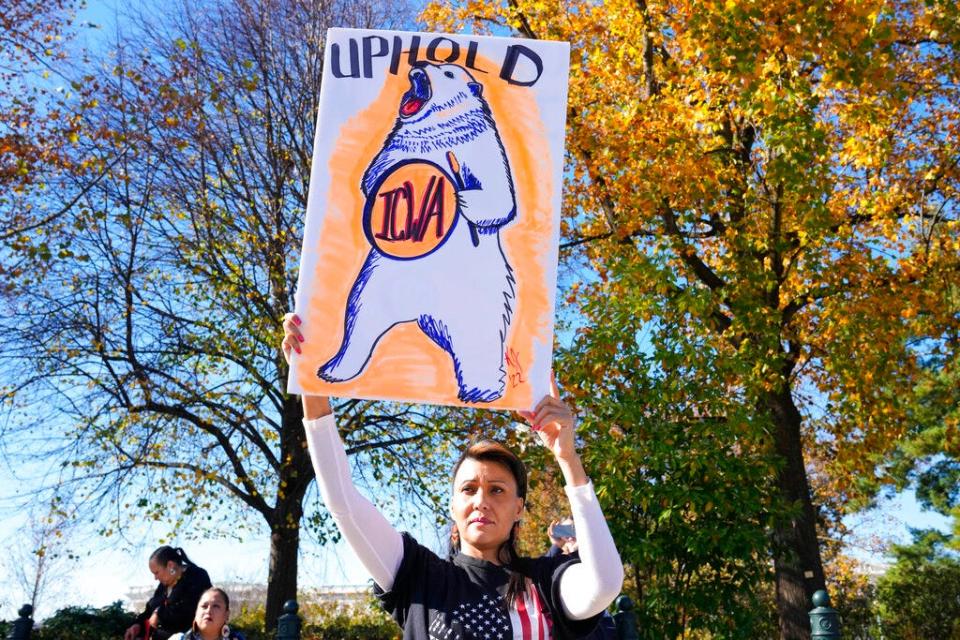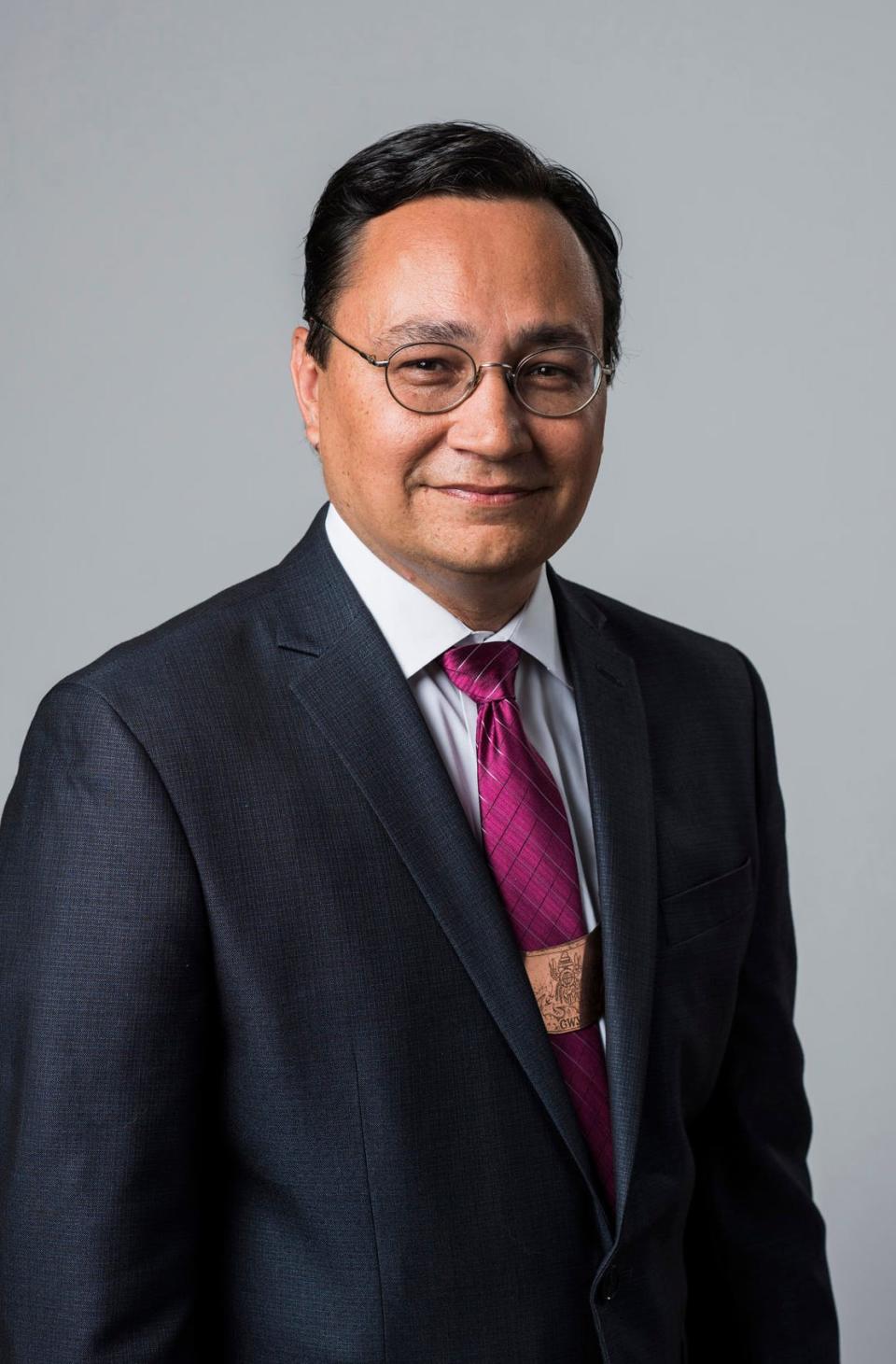Hoskin: Court must uphold Indian Child Welfare Act. Future of tribal sovereignty depends on it
As we prepare for the U.S. Supreme Court’s decision in Brackeen v. Haaland, tribal nations find ourselves in what has become an all-too-familiar position ― awaiting a ruling with the potential to uphold or undermine our sovereignty. The court’s imminent ruling on the future of the Indian Child Welfare Act (ICWA) will impact not only the safety and wellbeing of our children, but our rights as Native people as a whole.

The Indian Child Welfare Act was passed in 1978 as a protection statute for Native children and their families, addressing a long and painful history of forced removals from their homes for placement with non-Native families. Our communities continue to bear the scars of these abhorrent practices. Research shows that 25-35% of all Native children were being removed before the act’s passage, with 85% placed outside of their families and communities even when safe homes with relatives were available. The act stands as an attempt to undo and prevent the immeasurable harm that the erasure of one’s culture and heritage, and separation from one’s people, can bring.
The act ensures that children can stay within their families and tribal communities whenever safe and possible, safeguarding tribes’ ability to have a seat at the table in ensuring the futures of our young people. With a record of success, it has become the gold standard for all those who truly care about the safety and health of children.
Child welfare advocates, constitutional scholars, bipartisan elected leaders and tribes from across the country strongly support the Indian Child Welfare Act because it has proven itself to provide the best outcomes. In fact, policymakers continually seek to expand the act’s features into state laws and apply them to non-Native children, as well. The act’s provisions requiring active efforts, qualified expert witnesses and recordkeeping are not only good for Native children, but are common-sense protections for all children.
Challenges to these provisions demonstrate a misunderstanding of how child welfare law works on a daily basis. Unfortunately, these challenges are now before the U.S. Supreme Court. While we are confident in the strength of the legal arguments that the Cherokee Nation joined other tribes to make in front of the justices, it’s more critical than ever before that we speak out on what losing the Indian Child Welfare Act could mean.
A ruling against the act also would place this court at odds with the U.S. Constitution and centuries of precedent and upend the fact that tribal citizenship is a political relationship unrelated to race.
It would set a dangerous standard if the court were to instead side with a long-standing and concerted political campaign against tribal sovereignty and Native people. In doing so, they would dismantle a law that is central to our sovereign interests in protecting our children. It also would create instability throughout the country by overturning the basic framework of Indian law and the political nature of tribal citizenship ― having harmful and far-reaching implications on areas ranging from criminal justice to child welfare.
As we here in Oklahoma know too well, this is not the first time Native rights and sovereignty have been on the line, and it won’t be the last. But the Indian Child Welfare Act is the most important issue uniting tribes across the country. The future of our tribes’ continued existence and success depends on it. Our focus at Cherokee Nation will always be on helping families overcome obstacles and unify whenever possible.
Congress has the constitutional authority to pass laws on behalf of and for the benefit of Native Americans, and the court has an option now to restore the people’s confidence in its ability to uphold the law. We will always remain committed to protecting our children and our people, no matter the challenges that arise. But we urge the court to consider the constitutional legitimacy of the Indian Child Welfare Act over political arguments, and what it means for tribes, families and children. We hope it stands within past decisions to uphold this vital law, as courts have done for decades.

Chuck Hoskin Jr. is the principal chief of the Cherokee Nation, the largest tribe in the United States.
This article originally appeared on Oklahoman: Supreme Court must uphold law to protect children, tribal sovereignty

